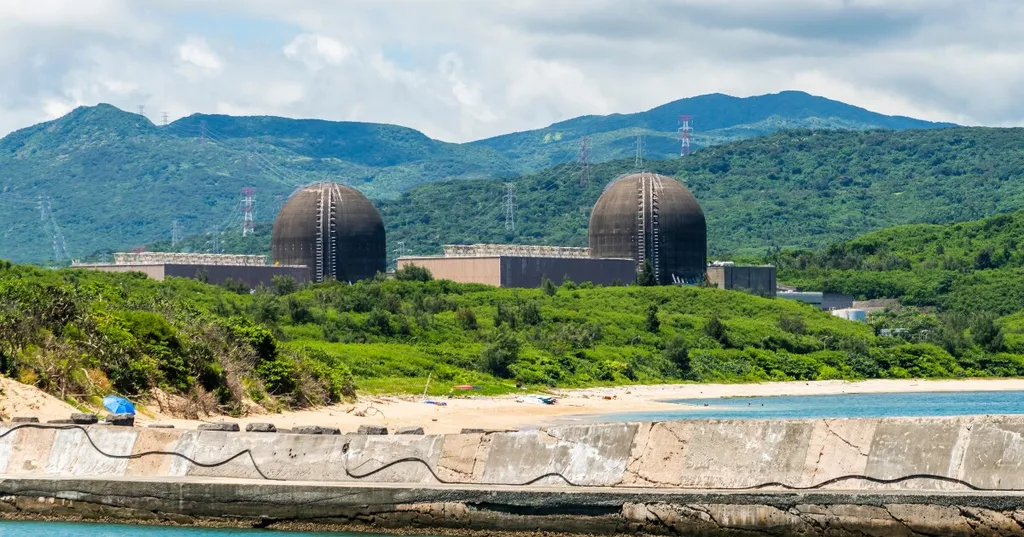In a significant stride for the energy sector, researchers at the Special Steel Company of Ma’anshan Iron and Steel Co., Ltd. have developed a novel process for producing continuous casting round billets for P92 heat-resistant steel, a critical material for ultra-supercritical boiler tubes. This advancement, detailed in a recent study published in *Teshugang* (translated to English as “Iron and Steel”), promises to enhance the efficiency and reliability of power generation, with substantial commercial implications.
The team, led by Yang Zhiqiang and Gong Zhixiang, employed a sophisticated production process involving electric furnace/converter steelmaking, LF refining, RH vacuum degassing, and continuous casting. By meticulously controlling the composition and refining processes, they achieved exceptional purity and mechanical properties in the final steel tubes. “We maintained strict control over key elements like chromium, nickel, and nitrogen,” explained Yang Zhiqiang, “ensuring the steel’s high-temperature performance and durability.”
The researchers adopted innovative techniques such as charging refined materials in the furnace, full-process foam slag operation, and electromagnetic stirring during continuous casting. These methods significantly reduced inclusions and macrostructure defects, resulting in billets of superior quality. The final ultra-supercritical boiler tubes exhibited remarkable tensile strength and creep resistance, meeting the stringent requirements of power plant manufacturers.
The commercial impact of this research is profound. Ultra-supercritical boilers operate at higher temperatures and pressures, offering greater efficiency and reduced emissions compared to conventional boilers. The development of high-quality P92 heat-resistant steel billets is a crucial step towards the widespread adoption of these advanced systems. “This breakthrough will enable power plants to achieve higher efficiency and lower emissions,” said Gong Zhixiang, “contributing to a more sustainable energy future.”
The study’s findings also highlight the potential for further advancements in steel production technologies. By refining the processes for controlling impurities and enhancing mechanical properties, researchers can continue to push the boundaries of material science. This ongoing innovation is essential for meeting the evolving demands of the energy sector and addressing global challenges in power generation.
As the energy sector strives for greater efficiency and sustainability, the development of advanced materials like P92 heat-resistant steel will play a pivotal role. The research conducted by Yang Zhiqiang, Gong Zhixiang, and their team at the Special Steel Company of Ma’anshan Iron and Steel Co., Ltd. represents a significant milestone in this journey. Their work not only enhances the capabilities of ultra-supercritical boilers but also sets the stage for future innovations in the field.

